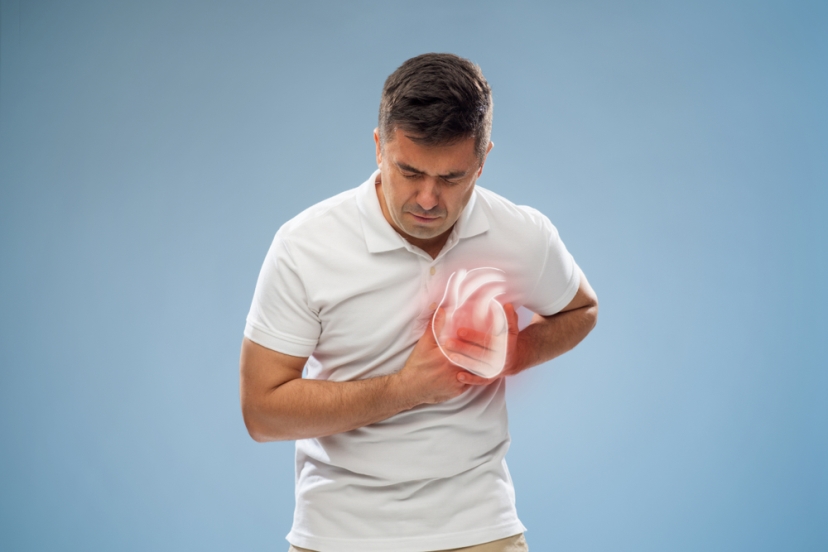Heart failure is preventable by just going for heart valve check ups
“In a single year, about 50,000 Thai people die from heart disease or about 6 people every hour.” Do you know one of the causes of heart failure is the heart valves? After you learn about the different kinds of heart valves that exist, you will know why heart valves are directly linked to risk of heart failure and you will be able to react in time after developing early symptoms of heart abnormalities.
How do heart valves work?
Heart valves are thin but strong flaps of tissue that separate the 4 different chambers of the heart. Therefore, there are 4 heart valves. The primary role of the heart valves is to cause blood to flow in only one direction. They are part of the central circulatory system, which are very important. Whenever blood circulation stops, the person will immediately die, because it takes only 4 minutes for brain death to occur.
Heart failure is caused by heart valves.
There are 2 types of heart valve diseases, namely “stenosis” and “regurgitation”. Stenosis often occurs gradually. However, regurgitation occurs in 2 different ways, namely, gradually and suddenly. With gradual onset, the patient might not experience any symptoms at first, because the heart will gradually stretch and expand, pumping more blood to prevent congestion in the lungs. As a result, fatigue symptoms are often absent. On the other hand, continued regurgitation causes the heart to eventually fail to be able to continue pumping blood. In other words, the heart muscles become exhausted due to excessive stretching, thus contributing to these 2 types of heart failure.
Heart Failure in the Right Ventricle
Symptoms include bulging of the neck veins, blood accumulation in the liver, which leads to the liver’s enlargement, abdominal fluid retention and swelling in both legs.
Heart Failure in the Left Ventricle
Symptoms include blood accumulation in the lungs, exhaustion, inability to lie down horizontally due to increased fatigue, pulmonary edema, coughing of mucus containing bubbles mixed with blood, hypoxia and ultimately death, since decreased heart pumping to supply blood to the rest of the body causes low blood pressure, coldness of the hands and feet, sweating, low urine output, acidosis and death.
As for sudden heart valve regurgitation!
The heart will be unable to enlarge to increase pumping, leading to immediate blood accumulation in the lungs, pulmonary edema, loss of blood pressure, hypoxia and rapid death. The more sudden the symptoms, the more urgent it is to provide immediate diagnosis and treatment. It might be necessary to administer drugs to stimulate the heart and blood pressure and to perform emergency surgery to replace or repair the heart valve that is suffering from acute regurgitation as the only way to save the patient. Therefore, if you suspect initial signs of heart valve regurgitation, you should immediately consult a doctor in order to seek treatment before heart failure occurs.
You may find our specialist at our Heart Center
Phyathai 2 Hospital
International Correspondence Center
Tel: +66-2617-2444 ext. 2020 or 2047 E mail: onestop@phyathai.com
 @pt2_inter
@pt2_inter
 Phyathai 2 Cambodia
Phyathai 2 Cambodia
 PT2Chinese
PT2Chinese
 phyathai2inter
phyathai2inter
